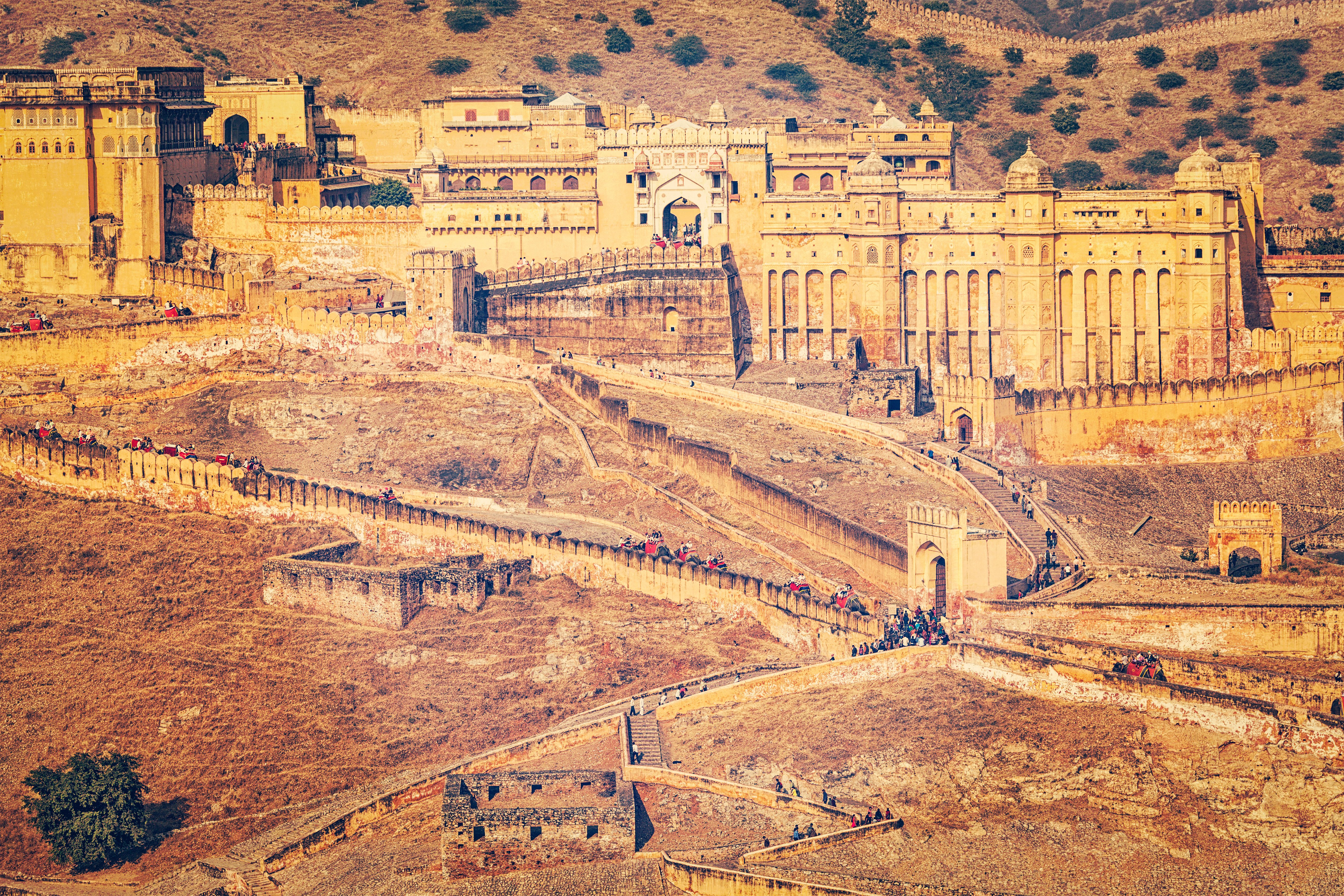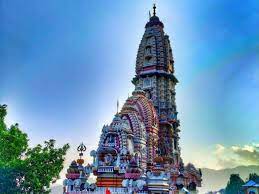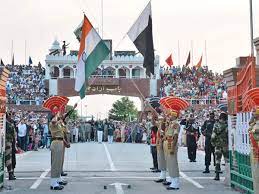ANCIENT COUNTRIES AROUND THE GLOBE

The early
civilizations of humans have developed about 6500 years ago. This was the time
when humans stopped living this kind of nomadic life. Now, humans had started
stopping and living at a certain place. During this time the first settlement of
humans was formed and cities were built from these settlements this is what
accelerates the process of development of humans. These early settlements soon
gave rise to larger cities and the idea of separate countries and nations began
to flourish. Some of the earliest countries were formed shortly after
civilization developed, and all of the countries in the given list were formed
thousands of years ago. Let’s get to know the oldest countries.
1. GREECE
The Archaic
period of Greece is one of the most prominent time periods in the country as it
laid the foundation for the Classical period of Greece, which is today known
for laying the foundation of modern Western civilization. This period in Greek
history began around 800 BC when Greece was beginning to emerge from the Dark
Ages. Human civilizations started in Greece before 800 BC, which gradually
evolved and transformed into today's modern era. During the Archaic period, the
Greeks made great strides in art, literature, and technology, but the most
important thing that happened during this time period was the invention of the
city and state. Also, during this time period, the Greek alphabet was developed
as well as the early institutions of democracy. Learning from Ancient Greece,
later Roman Greece, Byzantine Greece, and Ottoman Greece, the time period of
Modern Greece began after the Greek Revolution in 1821.
2. INDIA
The oldest
civilization of India is the Indus Valley Civilization which dates back to
around 3300 BC and people have been living in India since then. Although these
early people constituted one of the earliest urban civilizations in the world,
India as a nation date back to the Vedic period which lasted from 1500 BCE –
600 CE. This time is called the Vedic period. This time period is named for the
texts of the Vedas, which were composed orally in Vedic Sanskrit and provide an
account of the Vedic culture. Vedic civilization laid the foundation of
Hinduism in India and Indian civilization. However, in India, the Vedic texts
are still worshiped and considered the most sacred. Along with this, there are
many other indicated aspects in India that point to this. The first state or
Janapada in India was formed in 1200 BCE and lasted till the end of the Vedic period.
The end of the Vedic period saw the rise of Hinduism, Jainism, and Buddhism in
India and the beginning of powerful dynasties that ruled India for the next
three millennia. Modern India was established after the independence of 1947.
There was a revolution in the country and the British were driven out.
3. ETHIOPIA
Human life
in Ethiopia has been around for millions of years as researchers have found
skeletal fragments belonging to Australopithecus afarensis, an ape-like
creature that may have been the ancestor of modern humans, in Ethiopia. Were
found in the area, these skeletal fragments may be approximately 3.4 million –
2.9 million years old. Life gradually flourished in Ethiopia, a complex society
began to develop, and one of the first ancient states to be established was
Dʿmt (Dumat), which lasted from c.980 BCE to c.400 BCE. In these developed
states, people made advanced development of irrigation schemes, using plows, etc., and grew millet, and along with this, they made many iron tools and weapons. After
the collapse of the Dumat kingdom, came the Aksumite Empire which rose to power
around 100 AD and ended sometime in 940 AD. This kingdom was followed by the
Zagwe dynasty, and then the Solomonic dynasty – ruled Ethiopia. The monarchy
continued to rule Ethiopia until 1974.
4. JAPAN
Japan always
refers to 660 BC as the date of the country's founding because Japan was
founded when Emperor Jimmu, the first Emperor of Japan, ascended the throne and
began the Imperial Dynasty of Japan. Emperor Jimmu is considered a mythical
emperor of Japan and is believed to be a descendant of the sun goddess
Amaterasu – the emperor was recorded as the first emperor of Japan in two early
histories, the Kojiki and the Nihon Shoki. The earliest emperors of Japan,
after Emperor Jimmu, are also considered mythical because there is absolutely
no evidence and proof that they actually existed. Although historians have not
been able to determine whether these early emperors actually existed, they do
know that people began to arrive in Japan from the Asian mainland around 13000
BCE and that the earliest recorded history of Japan dates back to the Kofun
period (c. This information is available from AD 538.
You may like post

HIDDEN INDIAN SITES WORTHY OF UNESCO
Exploring India’s Sites That Should Be on the UNESCO World Heritage List

THE MOST BREATHTAKING TRAIN RIDES TO TAKE THIS FALL
Explore Autumn’s Best Rail Adventures Around the Globe







